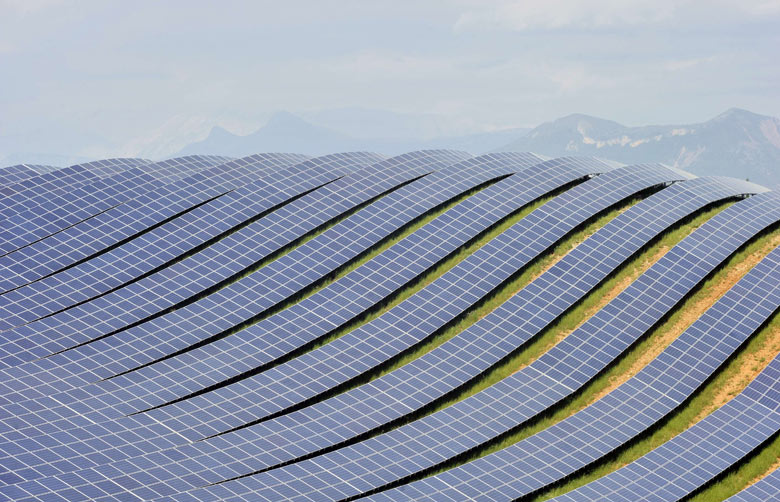 |
| Oil, gas and coal still produce the most energy even though their negative effects are so well documented. Taken from: http://technologygreenenergy.blogspot.co.uk/2013/12/history-of-energy-sources.html |
As I have shown in my previous post ‘Carbon Major: Major Problem’, energy companies are the biggest emitters of CO2 both now and throughout the ages. This seriously puts the sustainability of our energy use in question. It is not just CO2 emissions either; land degradation, biodiversity loss and water pollution can all be attributed to energy production, transport and use. Unfortunately we rely heavily on unsustainable energy – as the figure above shows, oil and gas use is still increasing even in the knowledge of what it is doing to our world.
I believe we must focus more of our attention on renewable resources. Solar energy, wind, hydroelectricity, biofuel and geothermal energy are readily available to be exploited with no large negative impacts on the environment – all we need is the technology. In a paper published this month by David MacKay he weighs the option of solar as a large energy producer by comparing its power potential with that of non-sustainable resources. Oil refineries produce 4000Wm-2 while coal and nuclear produces between 146 and 31Wm-2. This is a lot more than solar which can produce between 3 and 30Wm-2 depending on location and technology used.
 |
| This is Le Mees solar farm in France. It produces 18.2MW and provides for 8,000 families. Taken From: http://www.theguardian.com/environment/picture/2011/may/26/solar-photovoltaic-france |
However, renewable energy should not be dismissed – a renewable-energy world is possible. MacKay states that the U.K. uses 1.25Wm-2 a value similar to what could be produced by renewable resources. Roof-top solar panels can produce 20Wm-2 while solar farms in the U.K. can produce 0.5Wm-2. Obviously this is not enough in itself but less high consuming countries such as those in Africa use far less than the U.K. and due to increase insolation can produce much more. This could increase the economy of third-world countries that currently struggle.
MacKay concludes that solar power could provide a large contribution to global energy. This will come with its own problems including the costs of producing, transporting and storing energy, and large amounts of land use, but must be better than destroying our planet as we currently are.
No comments:
Post a Comment